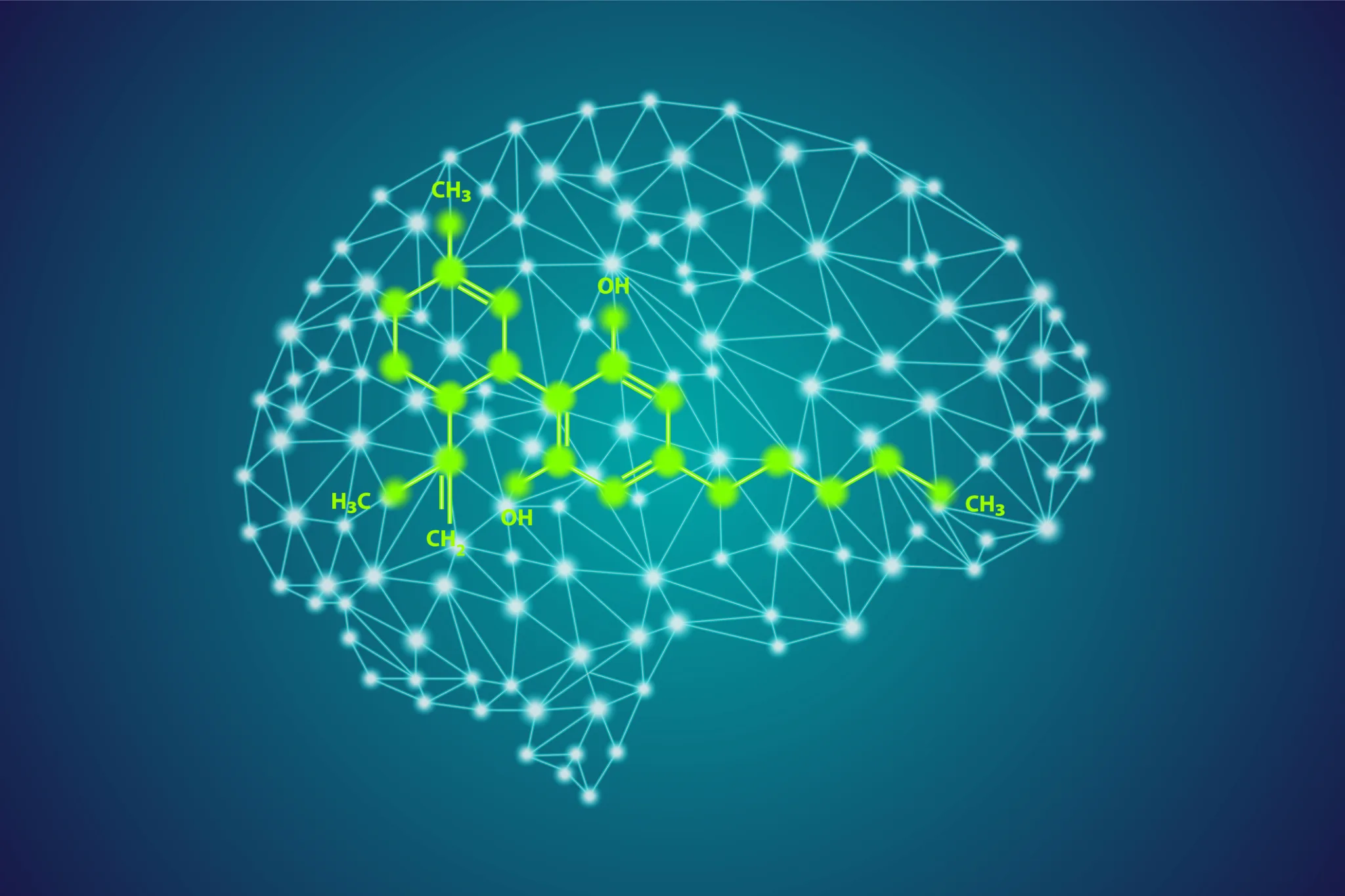
Mental health crises can happen at any time—and they often require immediate, professional support. That’s where mobile crisis services come in. A mobile crisis unit is a team of trained mental health professionals who respond in real-time to individuals experiencing emotional or psychiatric emergencies, right in their communities.
Instead of going straight to an emergency room or calling the police, individuals—or their loved ones—can reach out to mobile crisis teams for a more compassionate, mental health-focused intervention. These teams typically include licensed therapists, social workers or clinicians who are trained in crisis de-escalation, assessment and care coordination.
What Happens During a Mobile Crisis Response?
When someone contacts a mobile crisis service, the team is dispatched to their location—whether that’s at home, school, work or in a public space. Their goal is to provide on-the-spot support, assess safety and stabilize the situation. Depending on the severity, the team might:
- Conduct a mental health assessment
- De-escalate the situation
- Help develop a short-term safety plan
- Refer or connect the individual to further treatment
- Provide transportation to a treatment center if needed
Mobile crisis teams can be a lifeline for individuals experiencing suicidal thoughts, psychosis, extreme anxiety, depression or other urgent mental health concerns. In addition to reducing the need for hospitalization, they also help avoid unnecessary law enforcement involvement.
What Happens After a Mobile Crisis?
After the immediate crisis is resolved, continuing care is essential. That’s where treatment programs like intensive outpatient programs (IOP) and partial hospitalization programs (PHP) play a key role.
At High Focus Centers, we offer structured outpatient mental health services designed to support individuals following a crisis. Depending on the individual’s needs, they may be recommended for:
- Partial hospitalization program (PHP): A short-term, highly structured program that offers several hours of clinical treatment each day, five days a week. PHP provides a step-down from inpatient care or a step-up from traditional outpatient therapy.
- Intensive outpatient program (IOP): A more flexible option than PHP, IOP typically involves attending therapy sessions for a few hours, three to five days a week. It allows individuals to maintain their daily responsibilities while still receiving targeted mental health support.
Both programs offer group therapy, individual counseling, psychiatric support and skill-building to help individuals regain stability and work toward long-term recovery.
How High Focus Centers Supports Mental Health Recovery
High Focus Centers is committed to guiding individuals through every stage of the mental health recovery process—from crisis to long-term wellness. We collaborate with mobile crisis teams, hospitals and other referral sources to ensure a seamless transition into the appropriate level of care.
Our programs are personalized to meet each client’s unique needs, with specialties in treating mood disorders, anxiety, trauma and co-occurring substance use disorders.
If you or a loved one is struggling after a crisis, help is available. Contact High Focus Centers today to learn more about our IOP and PHP services and take the next step toward healing.
Recent Posts
- How to Know When Therapy Is Not Enough for Mental Health Support
- Can I Work or Go to School While in Outpatient Treatment?
- Why the Holidays Can Be Hard: Grief, Sobriety and Emotional Overload
- Oxygen Keeps Us Alive, but Dopamine Keeps Us Living
- The Rise of Delta 8, Vapes and Legal Highs and Why Outpatient Treatment Still Matters



